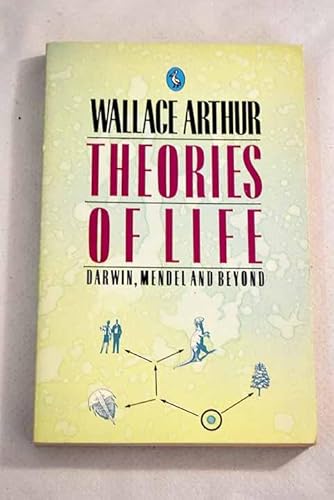
The nineteenth century witnessed the professionalization and consolidation of the science of biology as an overarching discipline, including not only natural history, but also new or newly transformed and expanded sub-disciplines.
Among these we find plant and animal physiology. During the second half of the century, the discovery of the laws of thermodynamics in physics endowed physiology with a solid conceptual basis for the elucidation of the complementary roles of photosynthesis and respiration, and many of the basic energetic exchanges and transformations that underlie biological functions. The study of metabolism was also illuminated by knowledge of essential chemical facts and concepts that came to light through the work of Wohler (1800-1882), Liebig (1803-1873), Pasteur (1822-1895), and many others. Bernard's (1813-1878) concept of milieu interior led to the discovery of the mechanisms of homeostasis in the following century.
Through the work of scientists such as Cuvier (1769-1832) and Lyell (1797-1875), paleontology, in association with geology, brought to light the existence and historical structure of the fossil record and laid the foundations for the theories of evolution that mark one of the greatest accomplishments of nineteenth century science.
Take a look at the Library's Paper Dinosaurs 1824-1969 online exhibit.
Early theories of evolution, such as that of Lamarck (1774-1839), did not meet with general acceptance among scientists. They were successfully superseded by the one advanced by Darwin (1809-1882) and Wallace (1823-1903) at midcentury. This theory envisaged the rise of biological novelty as based on the transformation of species through the combined action of random variations and the culling of natural selection. Evolution through natural selection was to become one of the conceptual pillars of a unified biology and its most powerful explanatory instrument.
Check out the library's online exhibit The Grandeur of Life -- A Celebration of Charles Darwin and the Origin of Species.
Mendel's (1822-1884) discovery of the basic rules of biological inheritance was initially ignored, but was later recognized at the eve of the new century.
by Eliseo Fernandez
 Theories of Life: Darwin, Mendel, and Beyond
by
Theories of Life: Darwin, Mendel, and Beyond
by
 Darwin, Wallace, and the theory of natural selection : including the Linnean Society papers
by
Darwin, Wallace, and the theory of natural selection : including the Linnean Society papers
by
 Claude Bernarde and the Internal Environment
by
Claude Bernarde and the Internal Environment
by